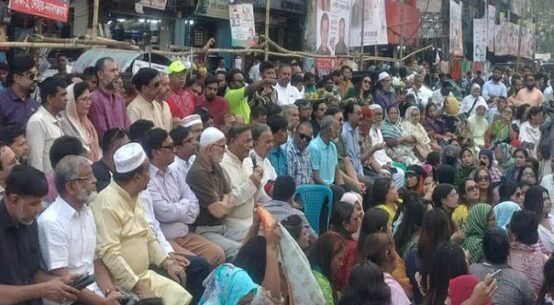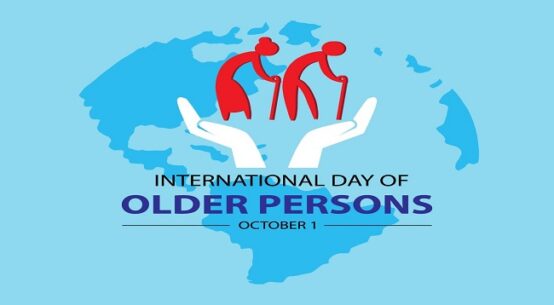
The Environment and Social Development Organization (ESDO) has urged Bangladesh to take strict regulatory action on the production and use of single-use plastics and, in particular, plastic sachets after a recent ban in India.
“They banned a number of single-use plastics yesterday. If we don’t take action now, plastics will enter Bangladesh from India like floodwater because they banned plastic yesterday,” said Dr Shahriar Hossain, secretary general of ESDO.
On Friday, India imposed a ban on single-use plastics on a number of items from straws to cigarette packets to combat pollution, reports bdnews24.com.
Bangladesh produces 192,104 tonnes of plastic sachets, also known as mini packs, a year, according to a new report from the environmental group titled “Plastic Sachet: Small Packet with Huge Environmental Destruction” it released on Saturday.
According to the study, 40 per cent of this sachet waste is food sachets. Cosmetic sachets came second at 24 per cent, followed by medicine sachets at 8.0 per cent. Cooking ingredients, beverages, and household cleaning use 21 per cent of these sachets.
The most commonly used sachet is a shampoo or conditioner pack.
Shampoo sachets were purchased by 69 per cent of people, followed by saline packs (50 per cent), sauce sachets (43 per cent), seasoning sachets (35 per cent), instant coffee packs (35 per cent), instant drinking powder (30 per cent), toothpaste sachets (29 per cent), and others (7.0 per cent).
It was observed that more than 69,841 tonnes of single-use plastics are produced in the Cox’s Bazar area alone, and 9,073 tonnes come from Kutupalong. The sachet waste of these areas are 13,968 tonnes and 1,633 tonnes, respectively.
In addition, this study says that the country produced a total of 1.06 million tonnes of single-use plastic waste between June 2021 and May 2022. The survey included 2,375 consumers from Dhaka, Rangpur, and Chittagong divisions.
Bangladesh needs to prioritise the use of alternatives to single-use plastics, Shahriar said.
“When there were no mini packs on offer, what did we do? To end single-use plastic pollution, we need to move back to the time when there were no sachets available in the market and the people used the refill system for shopping.”
“We need to impose a higher tax on single-use plastic products including on its raw materials, production, manufacturing, and distribution. Banning and proper regulation are also important here. If we don’t regulate it, then the outcome will be similar to polythene.”
Syed Marghub Murshed, Chairperson of ESDO said, “Plastic mini packets are hazardous to the environment. They are small in size but their impacts are huge on the environment.” He requested the government to strictly implement existing regulatory restrictions on the use of single-use plastic products, especially sachets


